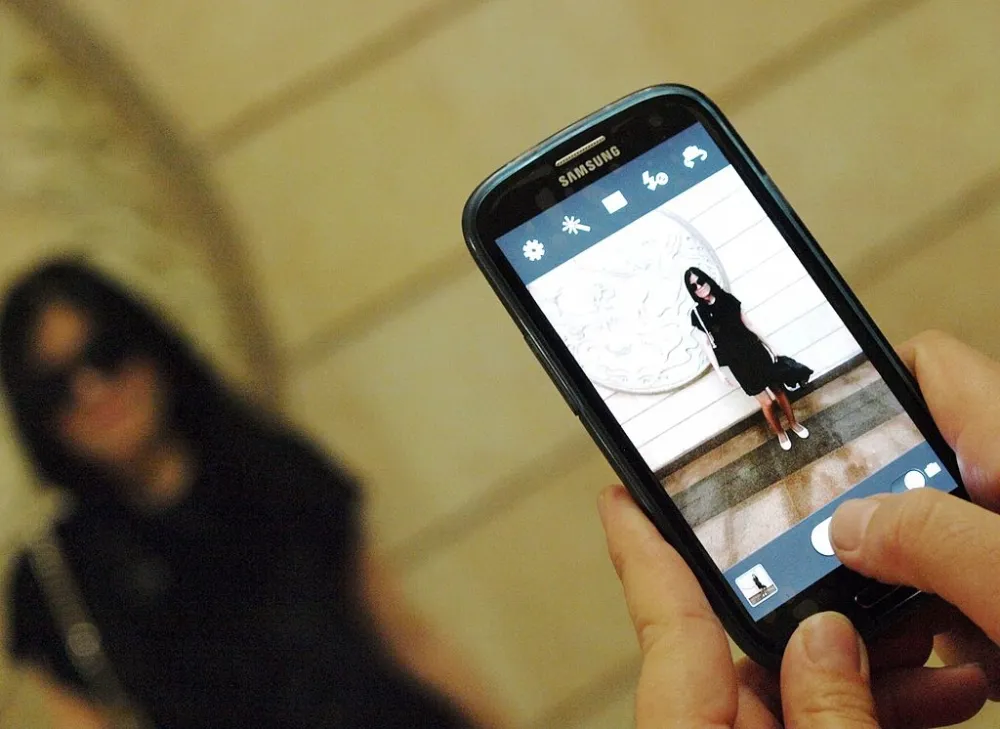
Maps and machine learning as Virgin app muscles up
Sep 27, 2018

The Virgin app is enhancing its capabilities by integrating advanced machine learning techniques with mapping technologies. This fusion allows for more personalized user experiences, enabling the app to analyze user behavior and preferences to suggest tailored routes and services. By leveraging data from various sources, the app can optimize navigation, improve location-based recommendations, and streamline travel planning. The combination of maps and machine learning not only enhances the functionality of the Virgin app but also provides users with smarter, more efficient solutions for their journeys, ultimately transforming the way they interact with travel and transportation services.
In the fast-evolving world of mobile applications, the integration of advanced technologies like maps and machine learning has become essential for enhancing user experience. The Virgin app is a prime example of how leveraging these technologies can significantly improve functionality and user engagement. By optimizing its features, the Virgin app not only streamlines navigation but also harnesses the power of data to provide personalized recommendations.
Understanding the Role of Maps in the Virgin App
Maps have transformed how users interact with apps, especially in travel and service-related industries. The Virgin app utilizes mapping technology to offer users real-time location tracking, route optimization, and proximity-based services. This capability enhances user convenience and satisfaction, allowing them to find the nearest Virgin services effortlessly.
Moreover, the integration of maps into the Virgin app serves as a powerful "referrerAdCreative" tool. By embedding location-based advertisements, the app can promote relevant offers and services to users based on their geographical location. This targeted advertising not only increases engagement but also drives conversions, making it an effective strategy for revenue generation.
The Impact of Machine Learning on User Experience
Machine learning is another critical component that has redefined the Virgin app's capabilities. By analyzing vast amounts of user data, machine learning algorithms can identify patterns and preferences, enabling the app to deliver tailored content. For instance, when a user logs into the Virgin app, machine learning algorithms can recommend services, promotions, or routes based on past interactions.
Incorporating machine learning also allows the Virgin app to improve its predictive capabilities. By forecasting user behavior, the app can proactively suggest actions and options that align with individual user needs. This personalization enhances user satisfaction and fosters loyalty, as customers feel that the app caters specifically to their preferences.
Data Visualization and User Interaction
To further enhance the user experience, the Virgin app employs data visualization techniques. This is particularly evident in how maps and machine learning data are presented to users. By utilizing interactive maps, users can visualize their journeys, understand service availability, and make informed decisions based on real-time data.
For example, the app might display a heatmap of popular routes or services, helping users identify trends and make choices that suit their needs. This visual representation of data not only improves user interaction but also serves as a valuable resource for decision-making.
Challenges and Solutions in Implementation
While the integration of maps and machine learning into the Virgin app presents numerous benefits, it also comes with challenges. Data privacy is a significant concern, as users are increasingly aware of how their data is used. To address this, the Virgin app prioritizes transparency and security. Users are informed about what data is collected and how it is utilized, fostering trust and confidence in the app.
Additionally, ensuring the accuracy of machine learning models is crucial. Misinformation or outdated data can lead to poor user experiences. To mitigate this risk, continuous updates and training of algorithms are essential. The Virgin app employs regular audits and enhancements to its machine learning models, ensuring they remain relevant and effective.
The Future of the Virgin App with Maps and Machine Learning
As technology continues to advance, the Virgin app is poised to evolve further. Future updates may include even more sophisticated machine learning algorithms that can analyze user behavior in real-time, providing instantaneous recommendations and insights. Additionally, the app may explore augmented reality (AR) features that enhance the mapping experience, allowing users to navigate their surroundings in an immersive way.
Moreover, as more businesses recognize the importance of "referrerAdCreative", the Virgin app is likely to see an influx of partnerships and collaborations. By integrating various service providers into its platform, the app can offer users a comprehensive suite of options tailored to their specific needs.
Conclusion
The combination of maps and machine learning within the Virgin app exemplifies how technology can significantly enhance user experience. By prioritizing personalization, real-time data, and transparency, the Virgin app sets a standard for mobile applications in the modern era. As it continues to innovate and adapt, the Virgin app will undoubtedly remain a frontrunner in providing exceptional service and value to its users.
Related Articles

Explore Thailand: The Best Islands to Visit for Paradise, Adventure, and Relaxation

The Ultimate Guide to the Best Islands in Thailand for Your Next Getaway

Do babies need passports? How to get a passport for a newborn

How to get a U.S. passport fast: here’s how to expedite the process

What is Mobile Passport Control: 5 reasons why you should use it

SENTRI vs. Global Entry: A detailed guide

Do you need a passport to go to the Bahamas? Let’s find out

Do you need a passport to go to Mexico? A detailed guide

Do you need a passport to go to Canada? We got the answer

Do You Need a Passport for a Cruise: An Essential Travel Guide

Booster Seat Requirements: All the Rules to Follow in Your Rental Car

What Are the World’s Most Powerful Passports, and How Does Yours Rank?

How to Take a Passport Photo at Home: A Helpful Guide

You've got to have heart! Southwest's new livery

Your opinion: Should water be free on low cost carriers?

Young women bolder than guys as solo travellers
